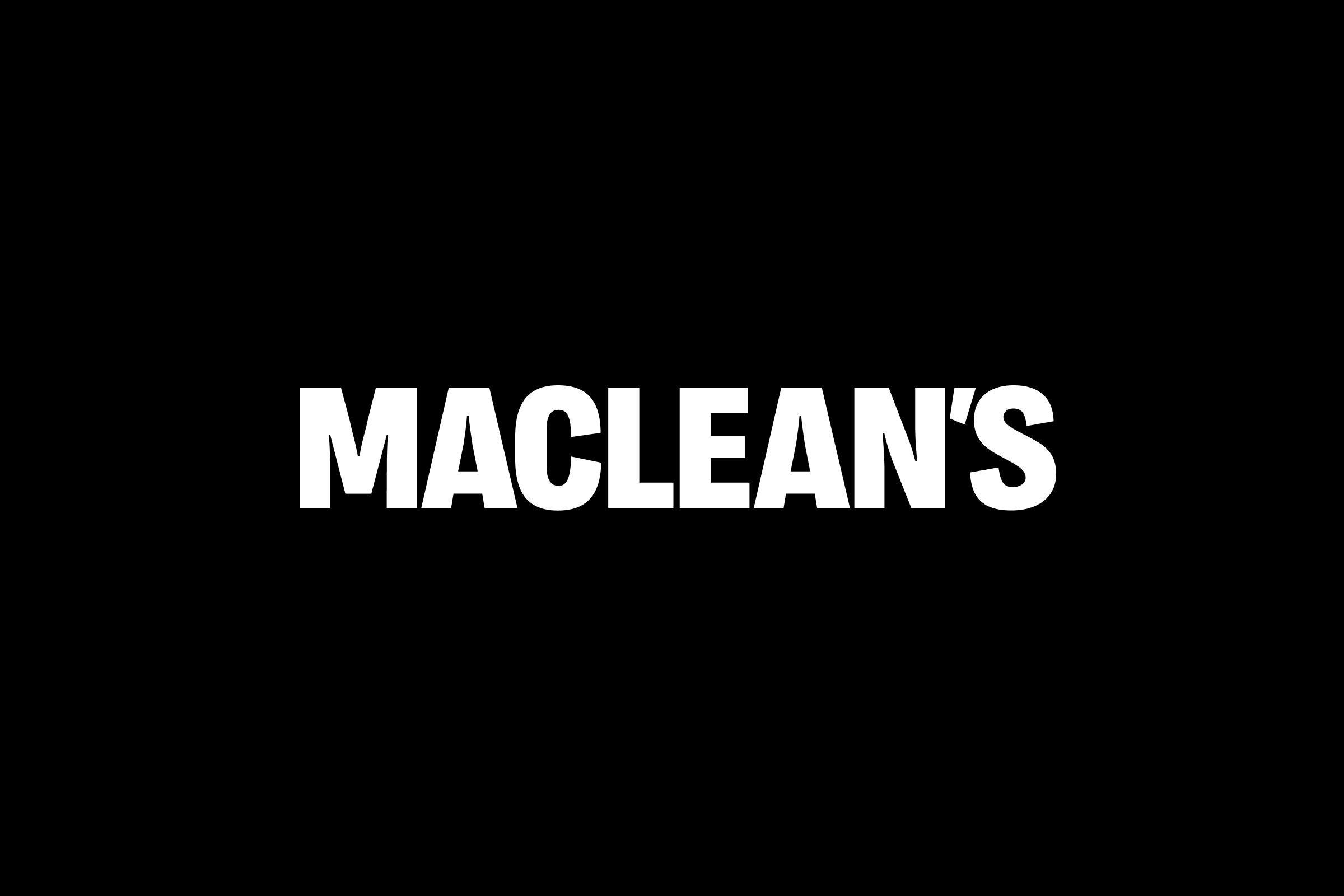Stanley McChrystal
Newsmakers
Burton Cummings finishes high school, Lady Gaga tries to liven her show with a few corpses, and a big week for—poets?
Gen. McChrystal gets hacked
Paul Wells on the reporter who got NATO’s top soldier in Afghanistan into hot water
The Last Surge
Is Afghanistan ready to take its fate into its own hands? Not yet.
Karzai Washes his Hands
Last Friday, the IHT carried a piece by an intelligence analyst named Lara Dadkah, complaining about US General Stanley McChrystal’s new directive on the use of air power in Afghanistan. He required that it be used only under “very limited and prescribed conditions”; Dadkah worried that the pendulum had swung too far in favour of avoiding civilian deaths. She called it a “well-intentioned directive” that is based on an immoral lie – “that war can be fair or humane.”
Generals, diplomats, politicians and troops in Afghanistan
Leaked news that Karl Eikenberry, the U.S. ambassador to Afghanistan, is urging President Barack Obama to think twice about sending more troops to the troubled country makes for some interesting discussion about the ways diplomats and generals sometimes try to publicly pressure their political masters.
Barack’s war
During his 2008 presidential campaign, Barack Obama insisted on a crucial distinction between Afghanistan and Iraq. Afghanistan, he said, is a war of necessity, while Iraq is a war of choice. In doing so, Obama, who had wrestled the anti-war Democrats away from his candidates like Hillary Clinton and John Edwards, was being consistent with his positions following 9/11. He opposed the war in Iraq, but supported the decision to overthrow the Taliban in Afghanistan. Since taking office, his administration has acted on both two fronts. On Iraq, it has adopted a policy which will essentially remove American troops from a combat role over the next two years, gaining the support of Republicans in the process. In the case of Afghanistan, Obama opted to move 16,000 troops out of Iraq and into Afghanistan to combat al Qaeda and its Taliban protectors. That too obtained bipartisan support. Since then, conditions on the ground in Afghanistan have deteriorated significantly, to the point the administration is now divided on whether to send a major new influx of troops (in the vicinity of 40,000) to pursue the effort to keep the Taliban from recapturing power.
Afghanistan: Surge and surge again
Tony Cordesman is speaking for himself and, perhaps, getting a bit ahead of things when he declares in this morning’s Times of London that the U.S. will need several tens of thousands of new troops in Afghanistan, on top of the 21,000 new troops President Obama has already sent. But probably he’s not very far ahead of things.
SUBSTANTIALLY UPDATED: On the Canadian Forces’ new commander in Afghanistan
Because that’s the deal here: if Stanley McChrystal is confirmed as the replacement for David McKiernan as the top U.S. general in Afghanistan, his theatre title will be COMISAF, for Commander of NATO’s International Security Assistance Force, which comprises troops from all donor states including Canada. So Barack Obama just changed our military commander in Afghanistan. Over to Fred Kaplan, who explains why “this is a very big deal,” describes the rift in military doctrine that put McChrystal and McKiernan on opposite sides, and hints at what will certainly be controversy over McChrystal’s background in Special Ops. Afghanistan is now Obama’s war, and ours with it, win or lose.
